As the holidays approached last December, Rick Andreen of Farwell, Michigan, passed his six-month mark on the lung transplant waiting list.
Idiopathic pulmonary fibrosis—a disease that scars the lung tissue—had taken its toll on the 6-foot-5-inch retiree, a former chemical plant worker.
“I could walk from the family room 40 feet to the bedroom and be out of breath, even with 100% oxygen,” Rick said.
Despite keeping up with his pulmonary therapy, he needed oxygen 24/7. And he needed more of it each week.
His lung allocation score rose.
“All I want for Christmas is two new lungs,” Rick, 63, told his wife, Michelle, riffing on a song from his childhood.
Before the year’s end, he’d received his wish.
Receiving the call
An unfamiliar phone number—area code 616—rang into Rick’s cell phone on Dec. 27.
His heart jumped.
To the Andreens, who live in the 989 area, 616 signified only one place: the Spectrum Health Richard DeVos Heart and Lung Transplant Program.
Sure enough, Rick’s pre-transplant coordinator was on the line.
“We’ve got a set of lungs for you,” Rick heard her say. “You need to start coming this way.”
Emotions swirled for the couple.
That’s because the call found them, unexpectedly, at the bedside of a critically ill family member.
Having to tear themselves away felt horrible.
But with a pair of donor lungs on the way, Rick and Michelle had no choice. They said their weighty goodbyes and left for Grand Rapids.
“I was a mess,” Michelle said. “Being in a position of having to say goodbye, but then at the same time being given life—it felt surreal.”
After a three-hour drive, the couple arrived at the Spectrum Health Renucci Hospitality House, where Michelle would stay while Rick recovered from surgery.
Together they walked next door to the Spectrum Health Fred and Lena Meijer Heart Center, Rick moving with help from a portable oxygen tank.
On the fifth floor, Rick walked straight to the room number his transplant coordinator had given him.
It took a moment for the staff to grasp who he was.
“They were all in shock because transplant patients don’t usually walk in,” Rick recalled.
That’s evidence of Rick’s overall health and his fitness efforts leading up to the transplant, said Reda Girgis, MD, medical director of lung transplantation.
“He didn’t have any other problems aside from his lung disease,” Dr. Girgis said. “He worked hard… and he was motivated.”
Transplant surgery
As Rick and Michelle made their way to Grand Rapids, a transplant team traveled to retrieve the donor lungs. It was early the next day—Dec. 28—when the team returned.
Michelle learned of the team’s arrival from a nurse on the retrieval team.
“She called to let me know that they had the lungs and that they were at the airport and … would be coming around the corner in 15 minutes,” Michelle said.
Watching from the Meijer Heart Center windows, Michelle saw the designated black SUV make the turn and drive past.
“That’s when I basically lost it. That’s when I knew that the transplant was really happening,” she said.
Earlier, Marzia Leacche, MD, a cardiothoracic surgeon, had taken Rick into the operating room to prepare for the transplant.
Hours later, Dr. Leacche emerged from the OR with an encouraging report.
“She told me everything went really well,” Michelle said. “She said his old lungs were like child-size lungs, that’s how deteriorated and bad they were.”
Thus, Rick became the program’s last patient to receive a lung transplant in 2019—and the 174th lung recipient since the program began in 2013.
Recovery and rehab
Three days post-transplant, Rick left the ICU, his recovery right on track.
After three more weeks in the hospital, he moved to the Inpatient Rehabilitation Center at Spectrum Health Blodgett Hospital, where he received physical and occupational therapy and close medical monitoring.
“He progressed really fast on our unit,” said Jamie DuVerneay, clinical program specialist at the inpatient rehab center. “He did amazing. He was only here for nine days.”
After the rehab center, Rick joined Michelle at the Renucci Hospitality House, across the street from the transplant clinic where he still underwent frequent checkups.
At two months post-transplant, he had only one unresolved issue—sporadic trouble with atrial fibrillation and flutter. Dr. Girgis described the problem as minor.
“It’s extremely common to have heart arrhythmias after any type of heart or lung surgical procedure,” Dr. Girgis said. Treatment could include medication or an ablation procedure.
Overall, Rick is doing extremely well, Dr. Leacche shared.
“What stands out is his good attitude and very positive approach to the process,” she said.
That fits the outlook he tries to carry through life, Rick said. Even so, undergoing a double lung transplant taught him something about his own resilience.
One thing that has pushed Rick throughout his recovery is a desire to reclaim the activities his diseased lungs made impossible—summer drives on his Honda Gold Wing 1500 and winter RV trips to Florida.
On Memorial Day weekend, less than five months after his transplant, he and Michelle went on a 150-mile motorcycle ride.
“It was the first ride in over two years, as I wouldn’t ride the motorcycle while wearing an oxygen tank,” he said.
Reflecting on their transplant journey, Rick and Michelle consider themselves incredibly fortunate.
“It’s unbelievable,” Michelle said. “I can’t credit these people enough. The hospital, the staff—they care. … They go over and beyond.”
It’s all they wanted for Christmas, and more.
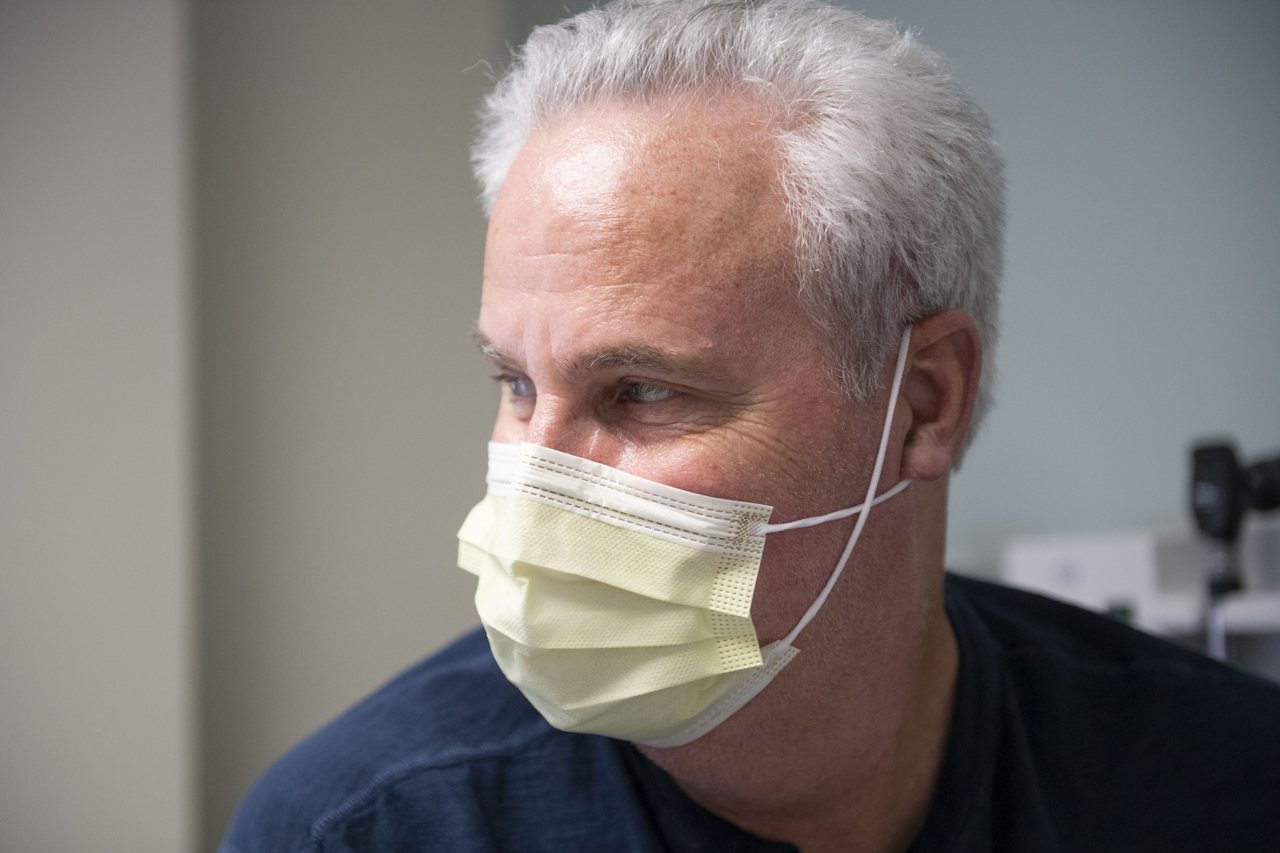
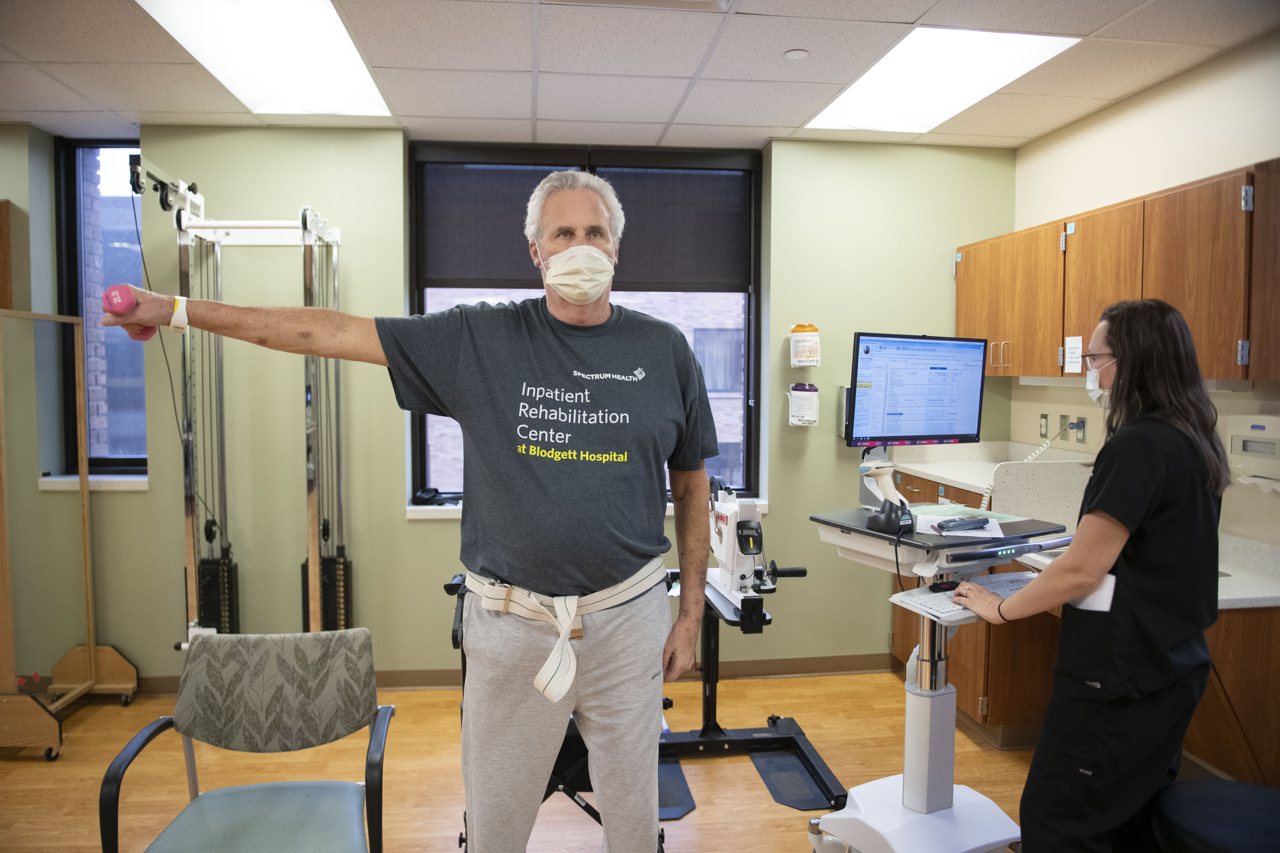
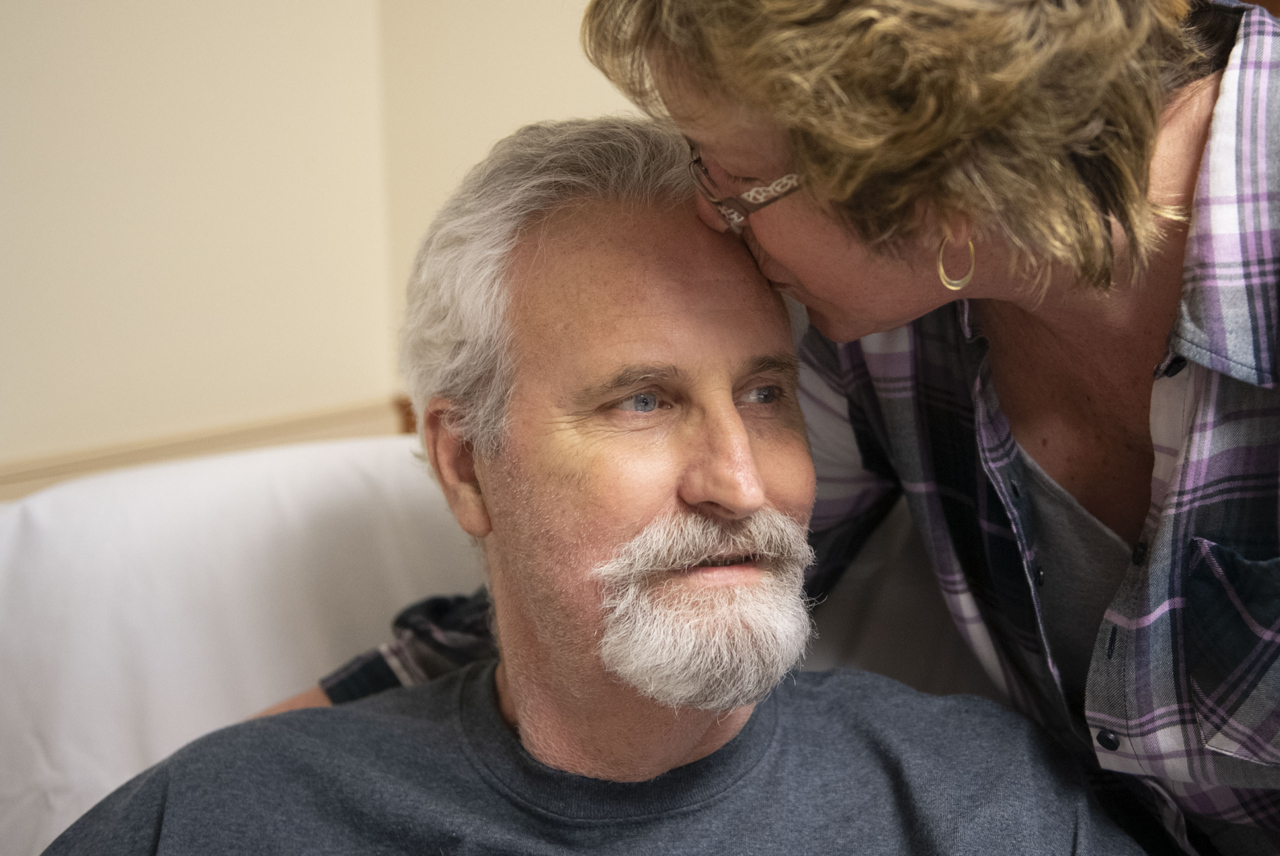
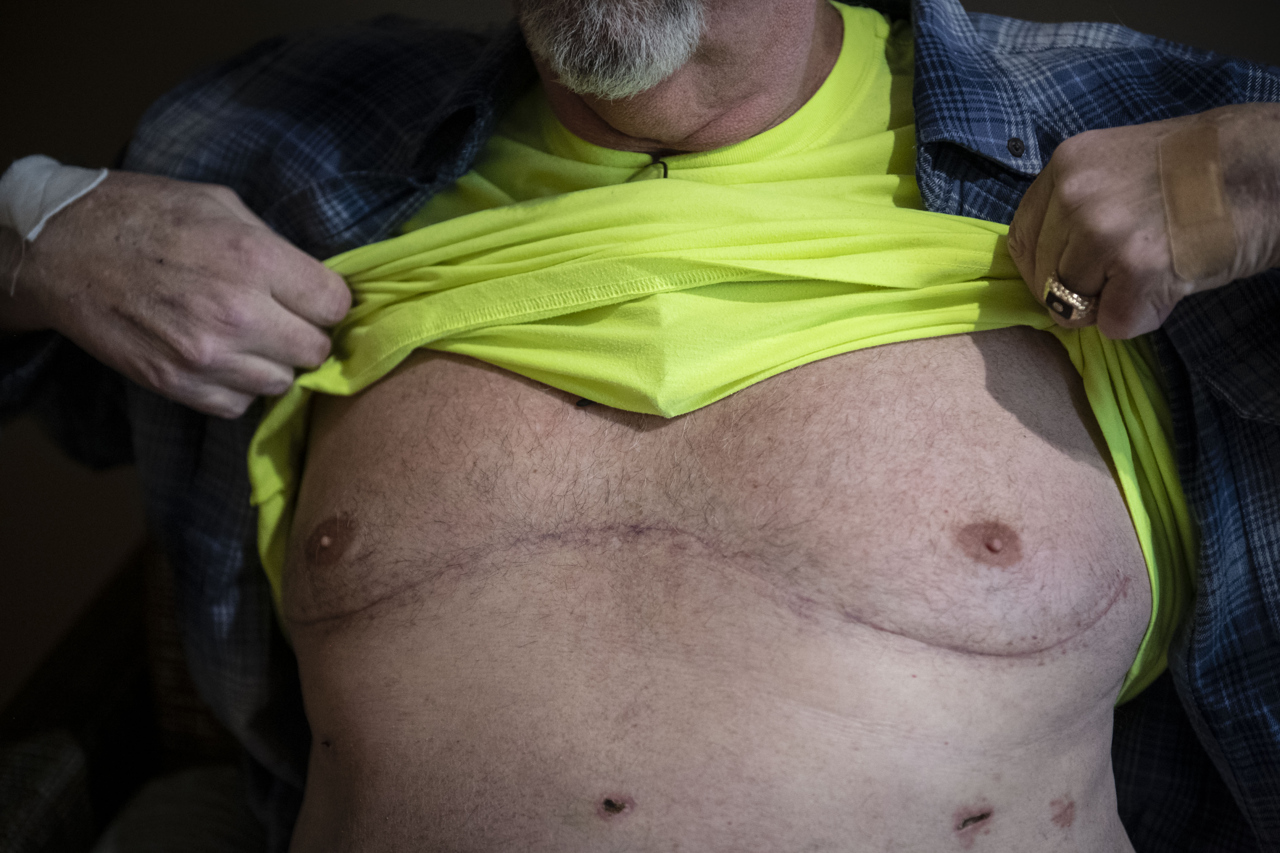
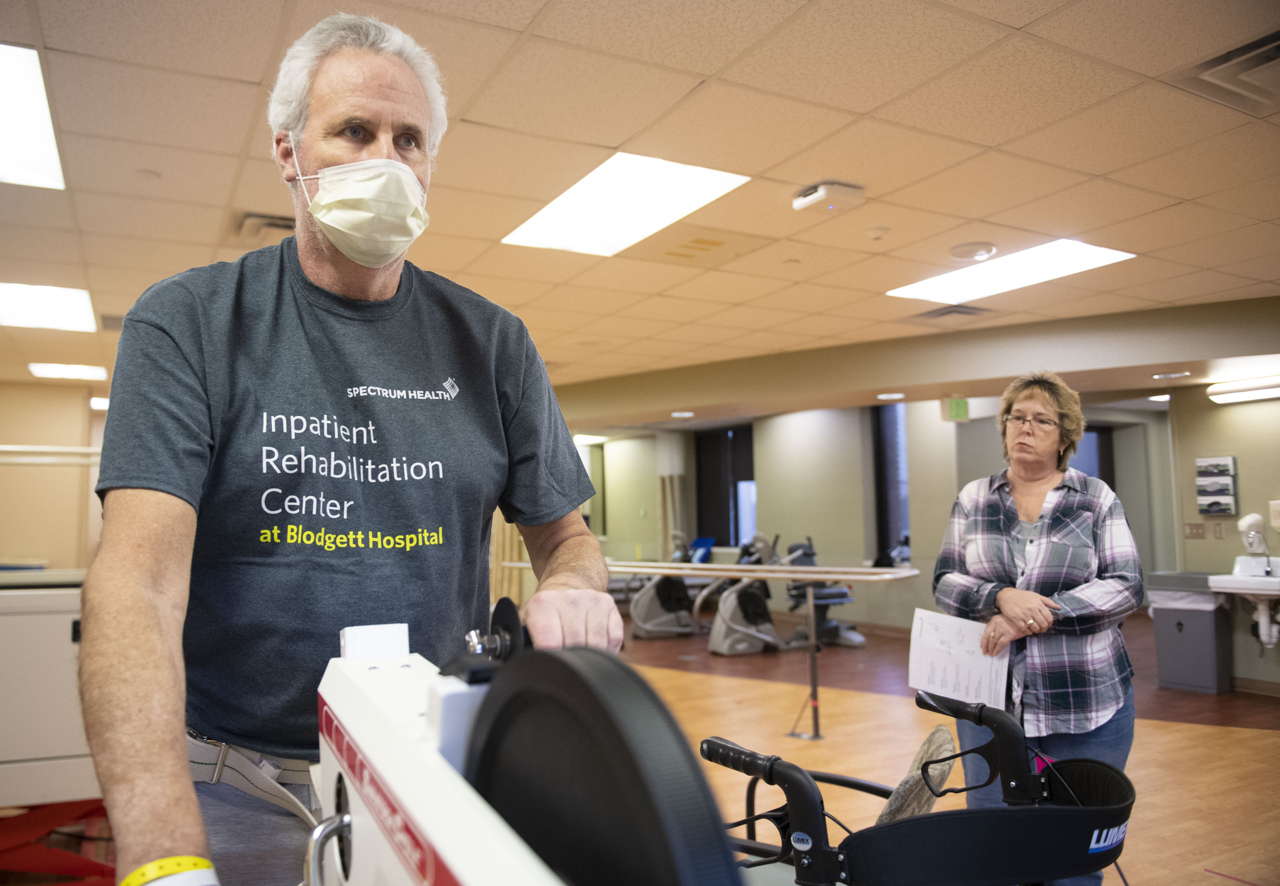
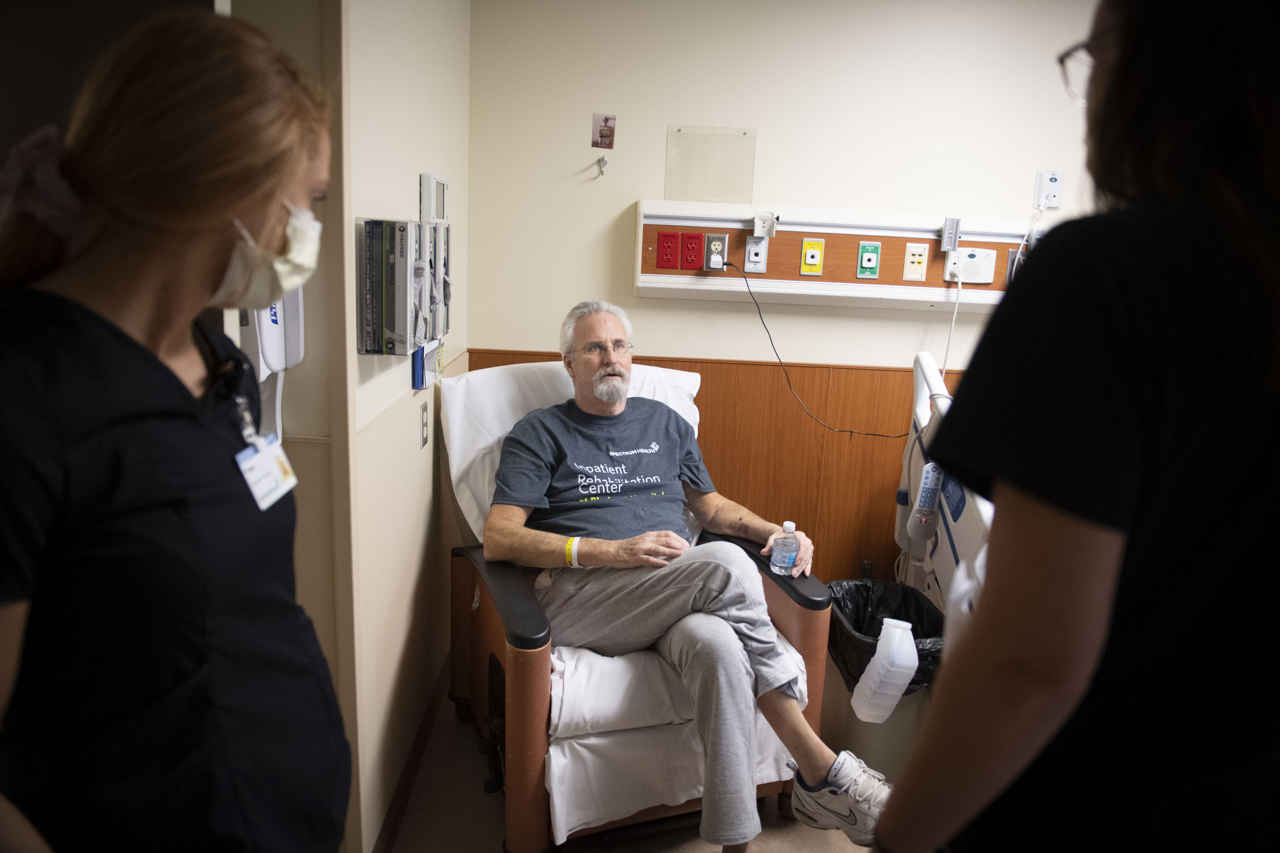
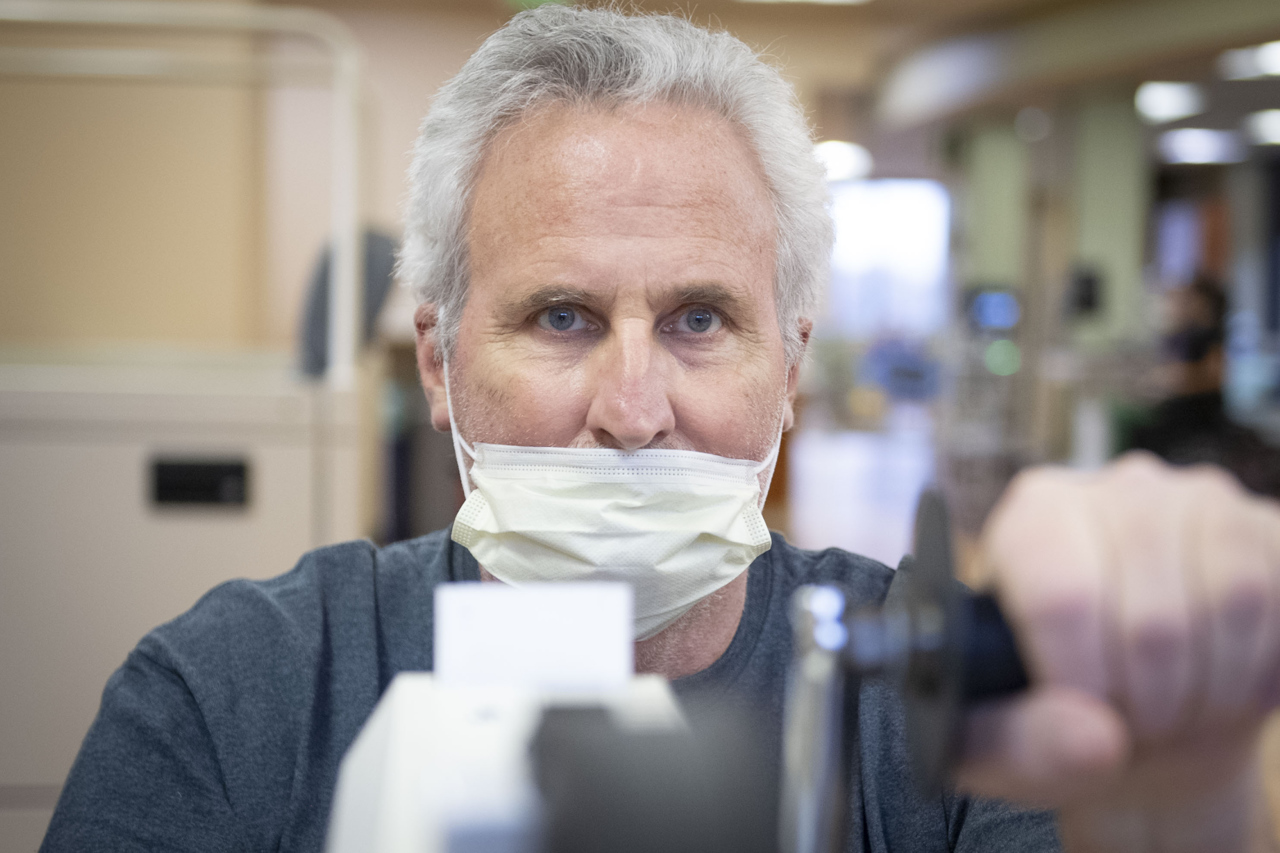
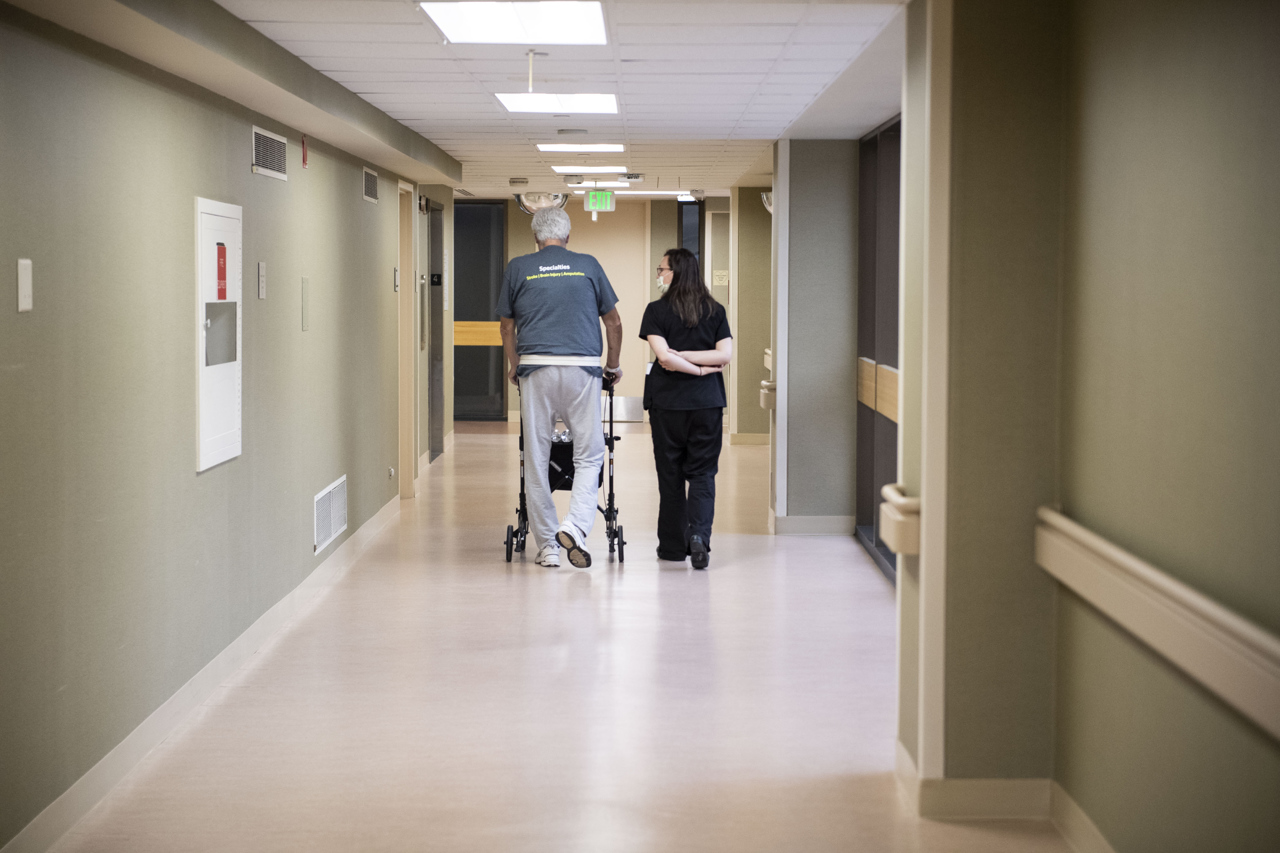
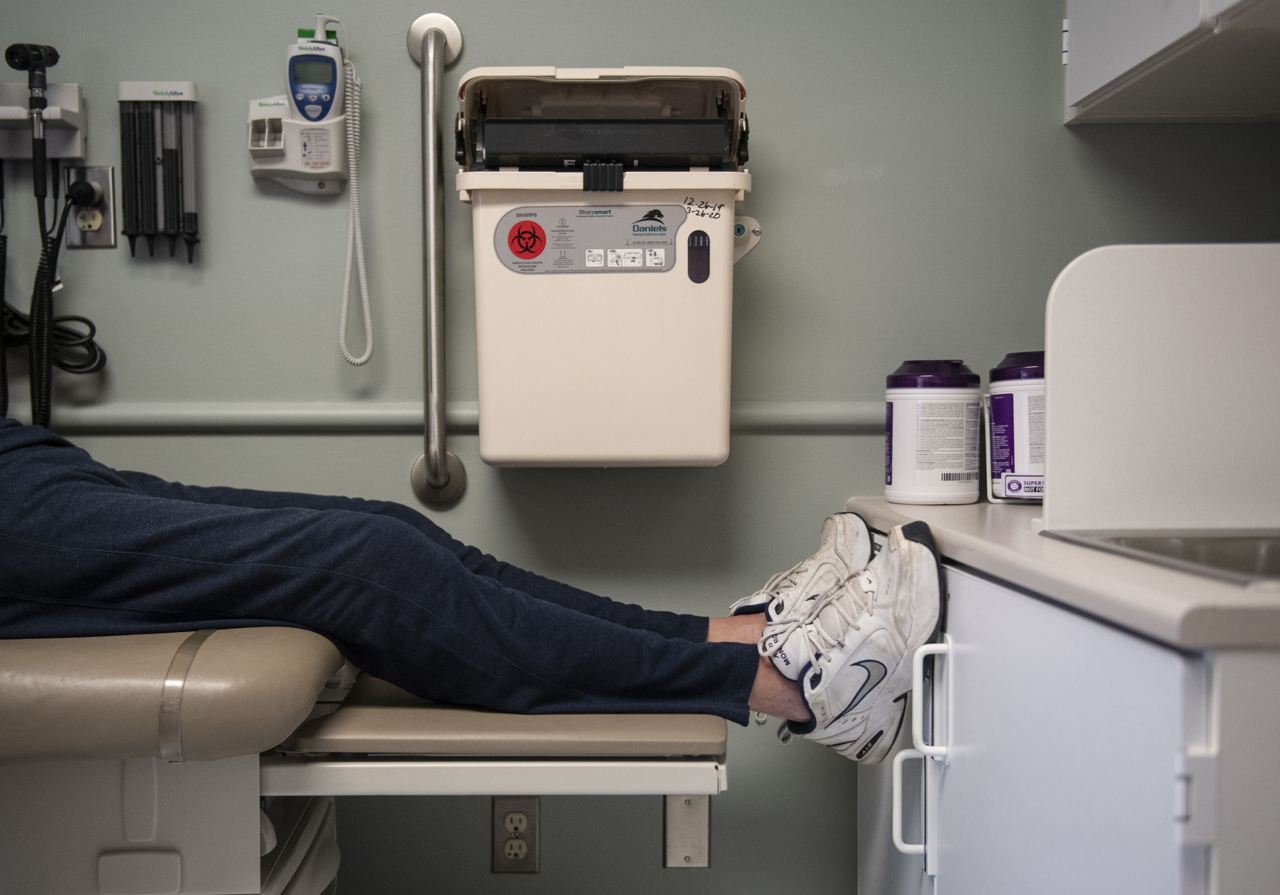
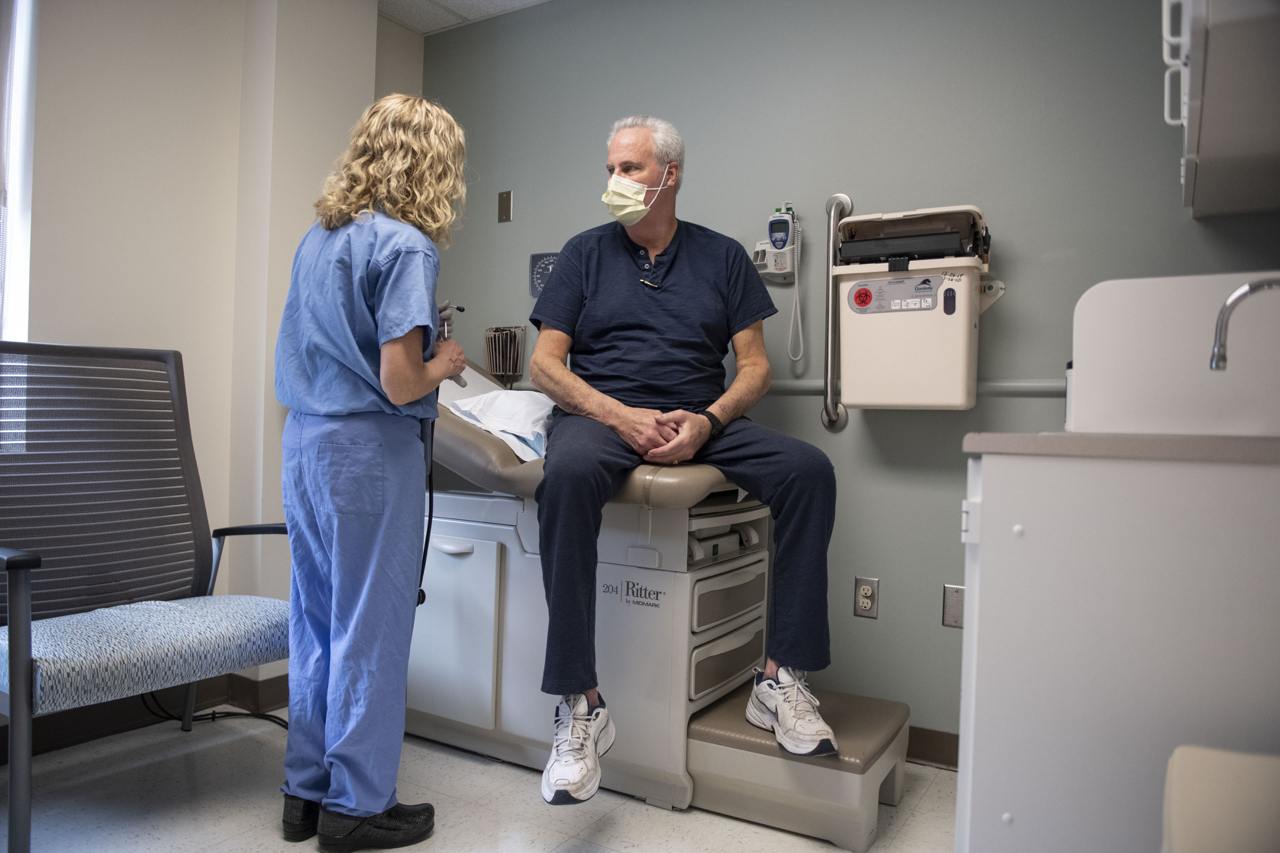
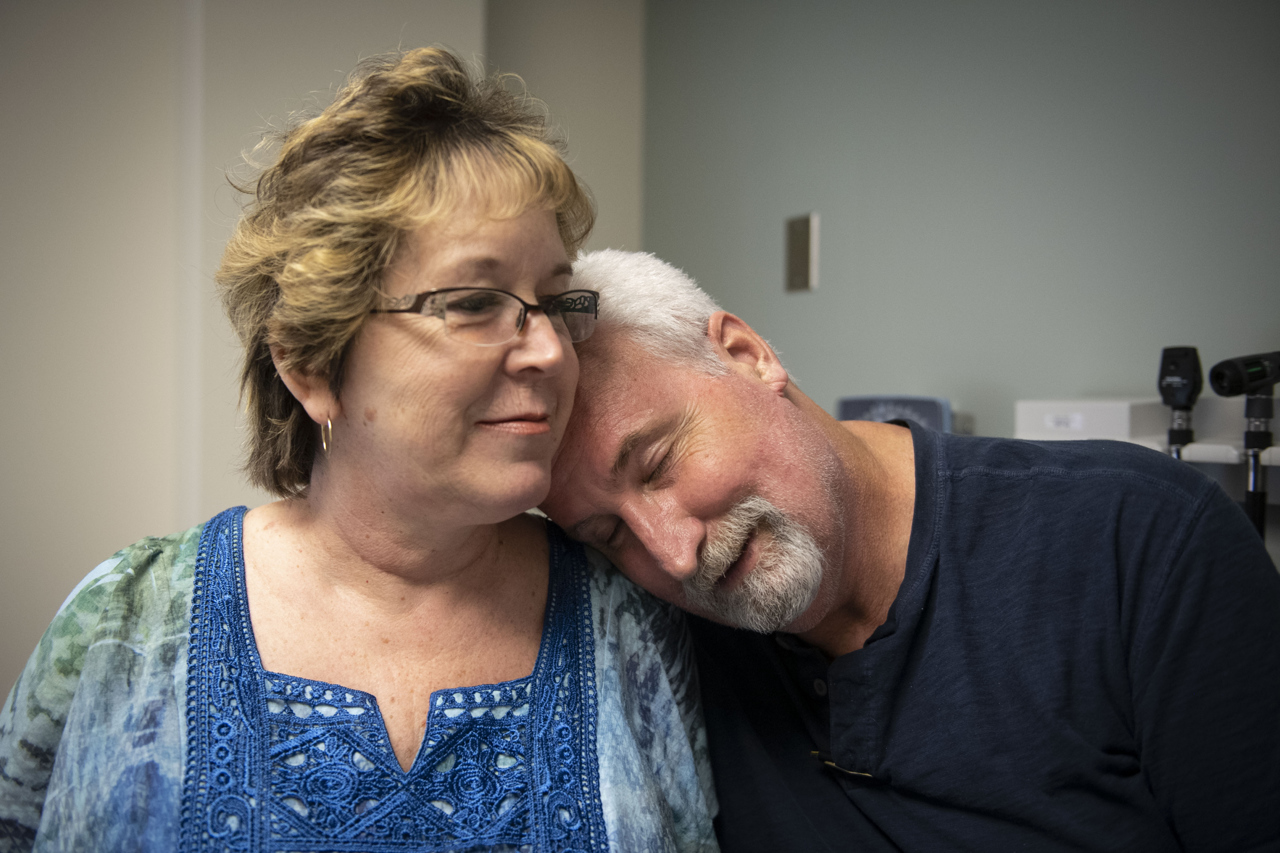
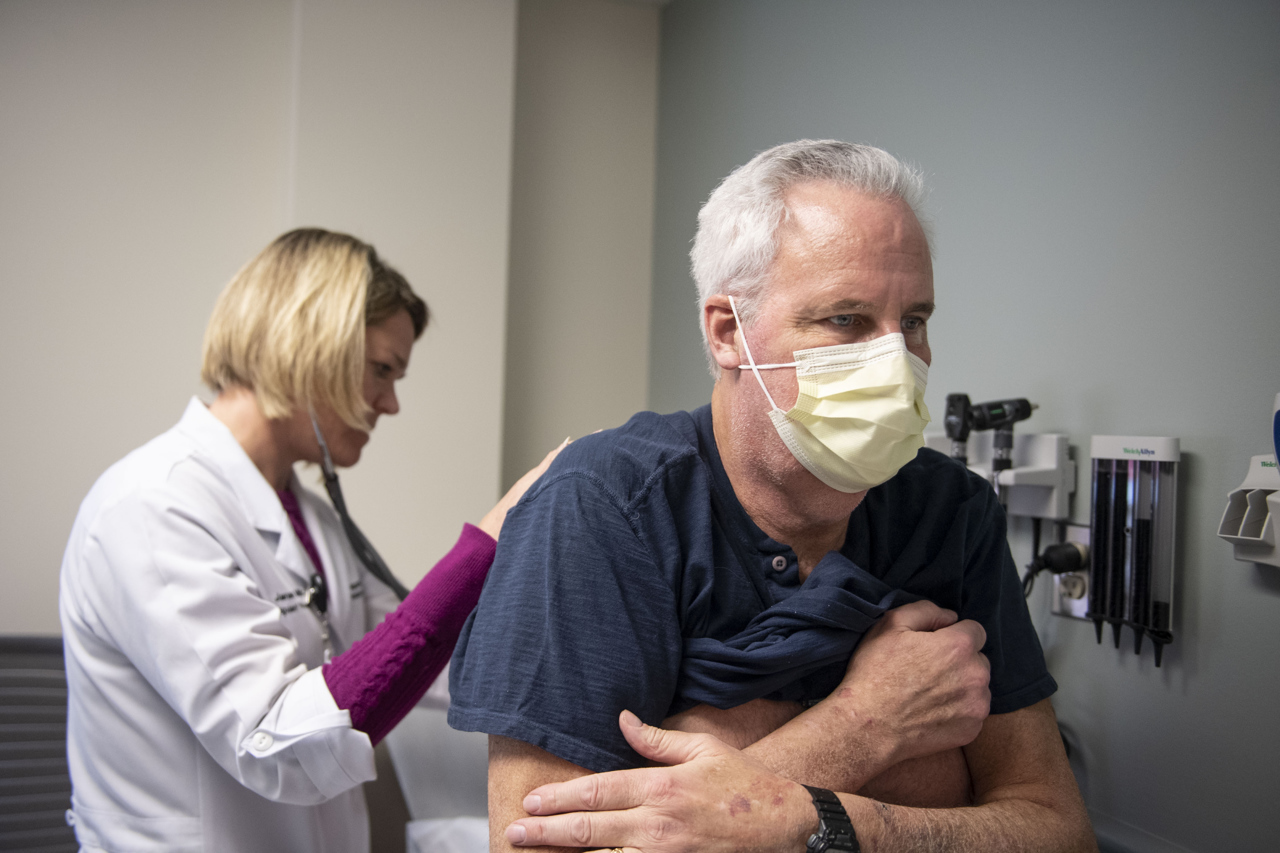
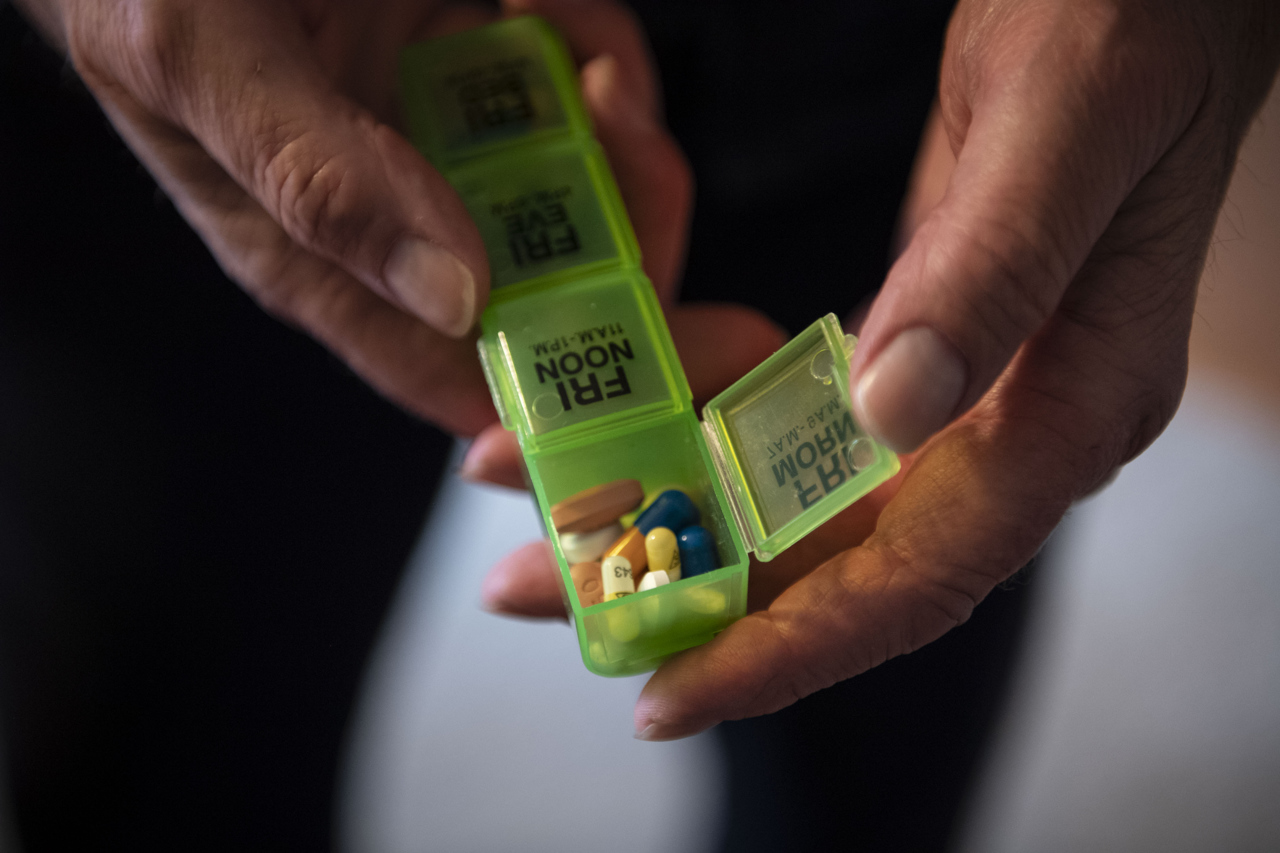
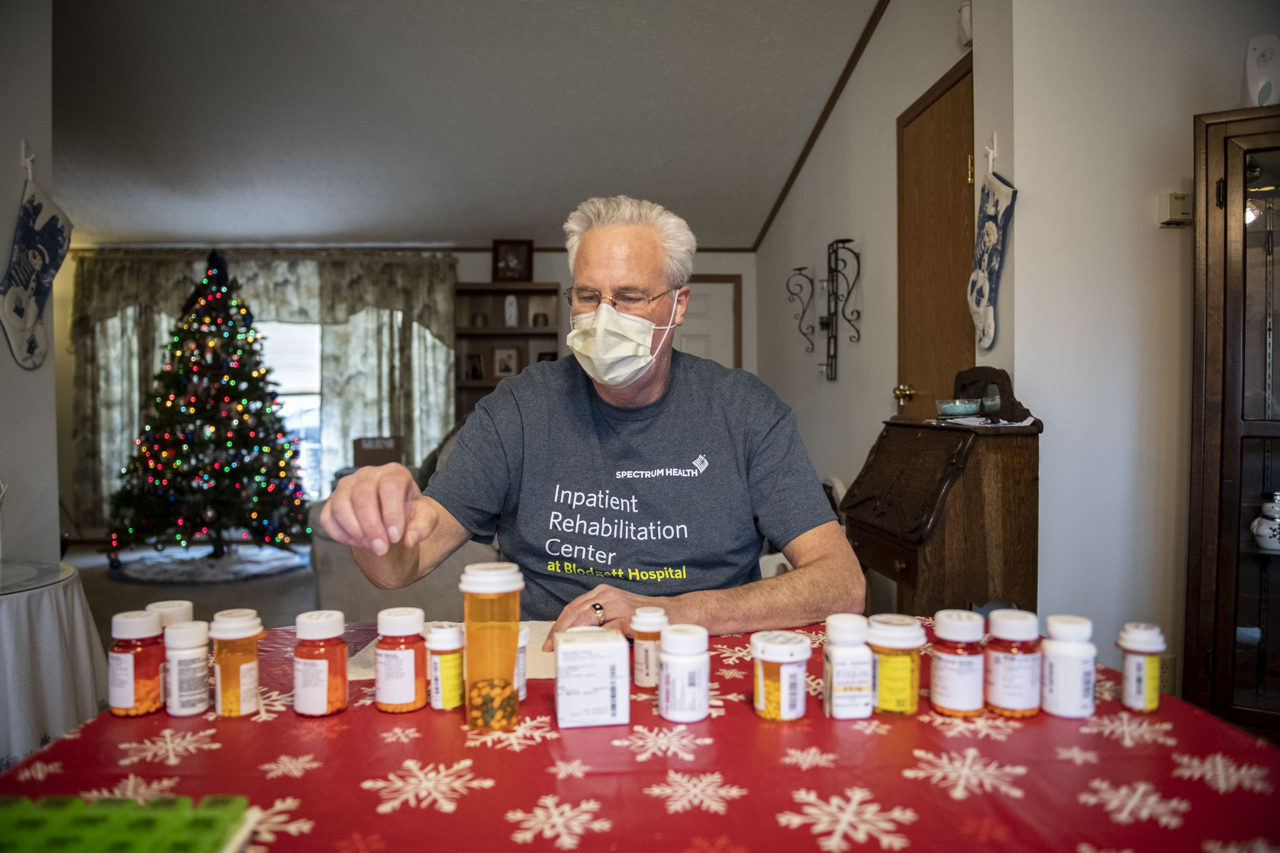
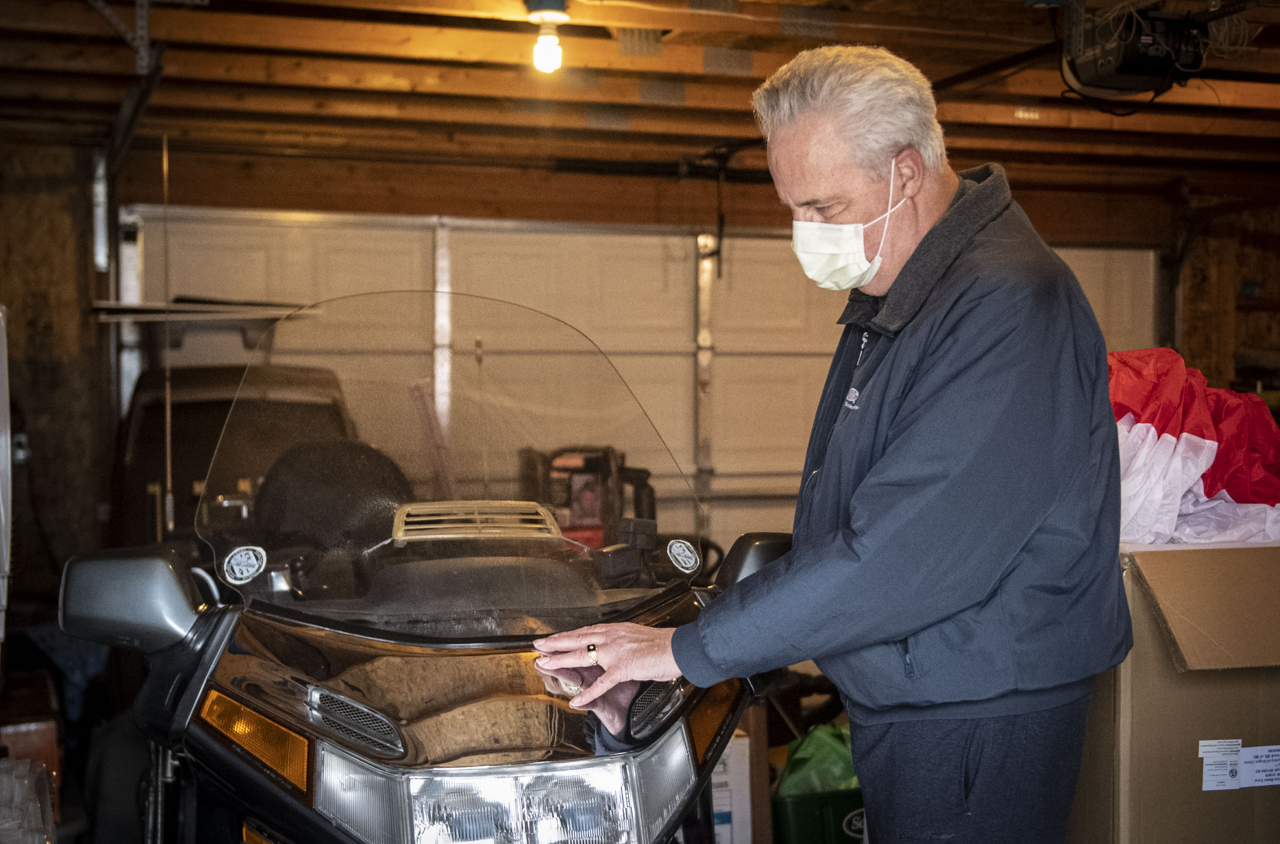
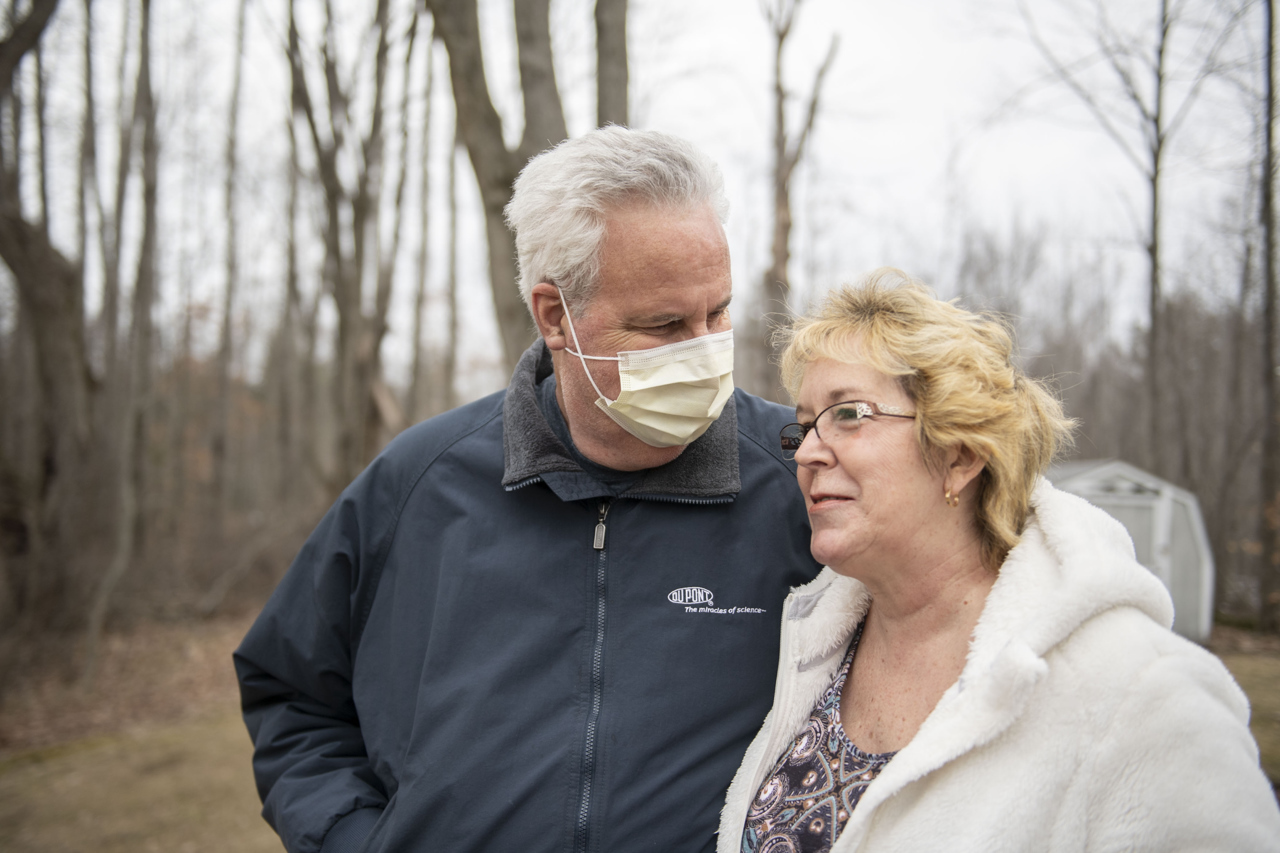
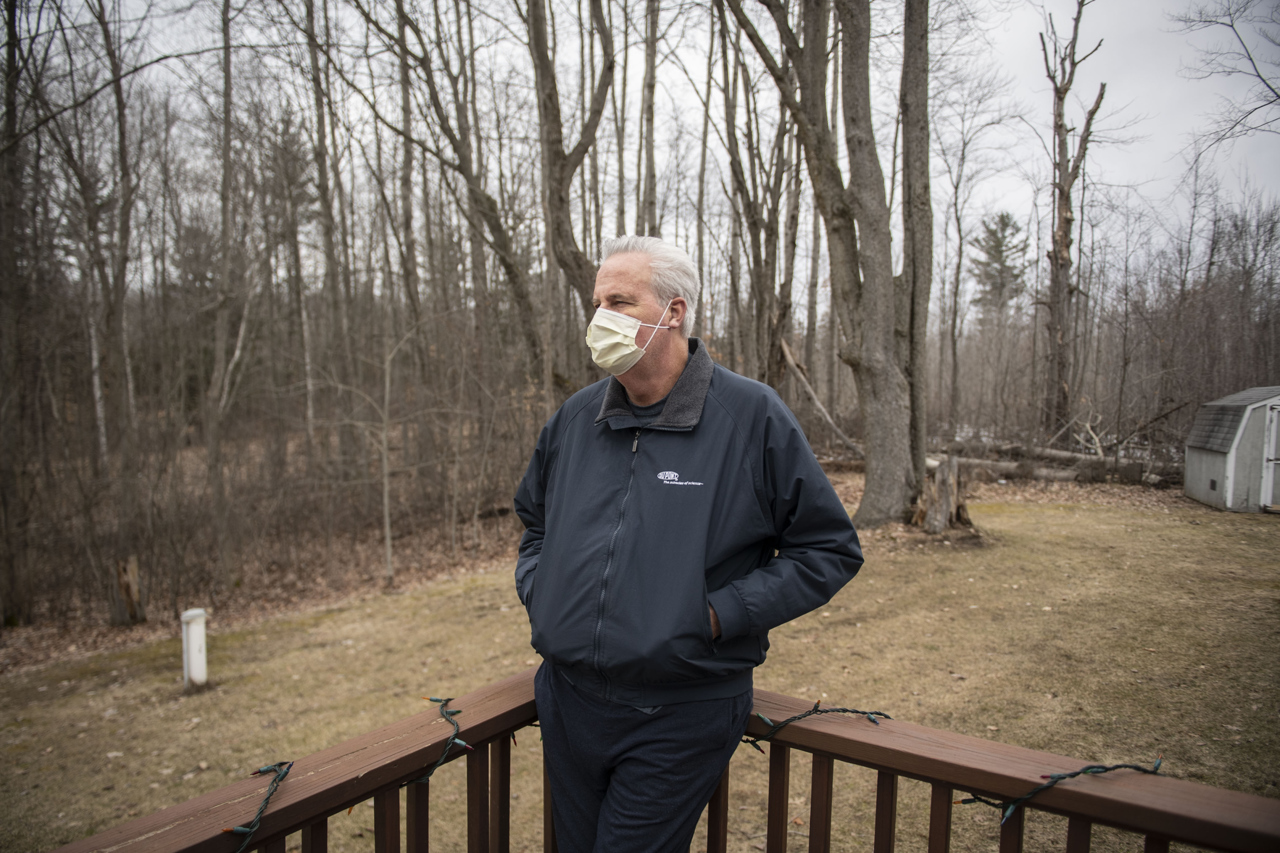
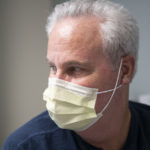
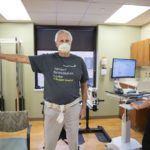
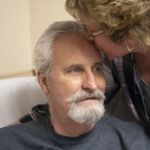
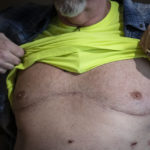
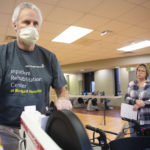
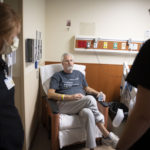
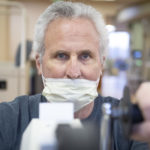










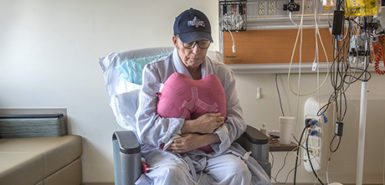 /a>
/a>
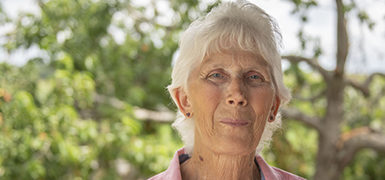 /a>
/a>
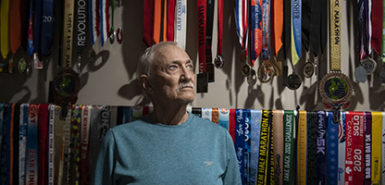 /a>
/a>
Rick’s story parallels mine in so many ways. After dealing with IPF for 5 years, I was, like Rick, on O2 24/7. I was able to continue Pulmonary Rehab until “the call” came. In Sept 2018 I was blessed with two healthy lungs and the care of an awesome transplant team. Every day is a blessing and a gift from God.
After reading Carls story it also is similar to mine. I.P.F. Is such a horrible disease it robs you of your breath a little at a time. After being diagnosed at Spectrum everything seemed to happen so fast, which is a good thing as my health was declining so very fast. I thank the Lord everyday when I wake up for this great team that is now a part of my life and for the gift I received on June 13th of 2019, I am living each day to its fullest now as we all should they say “Love the life you live”! So a final thanks to our team snd my great surgeon Dr, Leacche and of course Dr. Girgis.Also to my donors family words cannot express my gratitude.